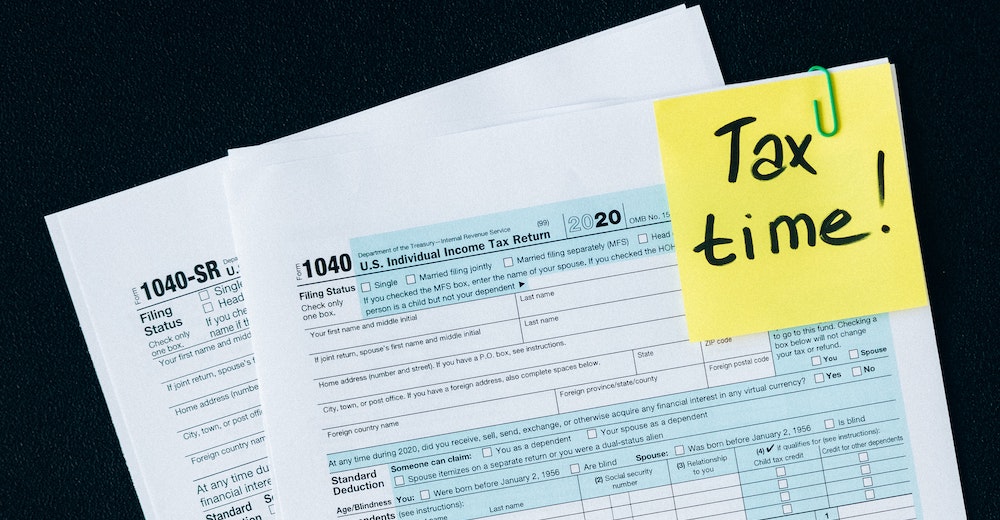Frequently Asked Questions About Your 2020 Taxes
Just as those of us in Lancaster County spent January and February digging out from numerous snowstorms, tax preparers across the country are still digging through the flurry of tax law changes resulting from economic assistance initiatives in response to the Covid-19 pandemic. Several of these initiatives may directly affect how you complete your 2020 tax return, and as tax seasons begins in full swing, it may be helpful to answer just a few of the more common questions here.
Are my stimulus payments taxable?
The Economic Impact Payments (stimulus payments) are essentially prepaid tax credits, and while they are reported on your 2020 tax return, they are not taxable. In fact, reporting these payments ensures that you receive the full amount you qualify for. In some cases, qualifying individuals did not receive a stimulus payment, and by indicating what payments were received on your tax return, it provides the opportunity to reconcile either a missed payment or underpayment.
The amounts reported should include both the first and second round of payments even though the second payments were sent in 2021. The first round of payments was based on 2018 tax returns since many 2019 returns had not yet been completed. The second round of payments was based on 2019 returns. If you did not qualify for one or both payments (based on your 2018 or 2019 income being too high) but would qualify based on 2020 income, you retroactively qualify for the payments and will receive them as part of a tax refund. If, on the other hand, you received the stimulus payments, but your 2020 income increased beyond the payment’s thresholds, you are not required to return the payments. Reconciliation is also necessary if you had a child in 2020, since they would not have been present on prior tax returns.
How are unemployment benefits treated?
While the stimulus payments are not taxable, any unemployment benefits you may have received are taxable. This is true of both traditional unemployment and the Federal Pandemic Unemployment Assistance program. With many individuals collecting unemployment for the first time in 2020, confusion surrounding the taxable nature of these benefits is common. Unfortunately, if you did not withhold taxes from unemployment benefits received, you may be facing a higher-than-expected tax bill this April.
I take the standard deduction – should I even track my charitable giving?
If you gave to charity in 2020 but are expecting to take the standard deduction, there is a special $300 charitable cash contribution deduction that you can claim. The contributions must be cash (meaning donated items do not qualify), but it is in addition to any standard deduction taken. Even individuals using a “lumping” giving strategy (effectively pushing several years of giving into one), can take advantage of this “add on” deduction by making cash contributions up to $300 in the year(s) they plan on taking the standard deduction. The limit for 2020 is $300 per household, but couples will be able to deduct $600 in 2021.
As always, having a good relationship with your tax preparer and financial advisor can help alleviate confusion and reduce your tax liability as much as legally possible. These are only a few of the changes for 2020, so if you have additional questions navigating your return this year, we would be glad to help point you toward the best solution.
